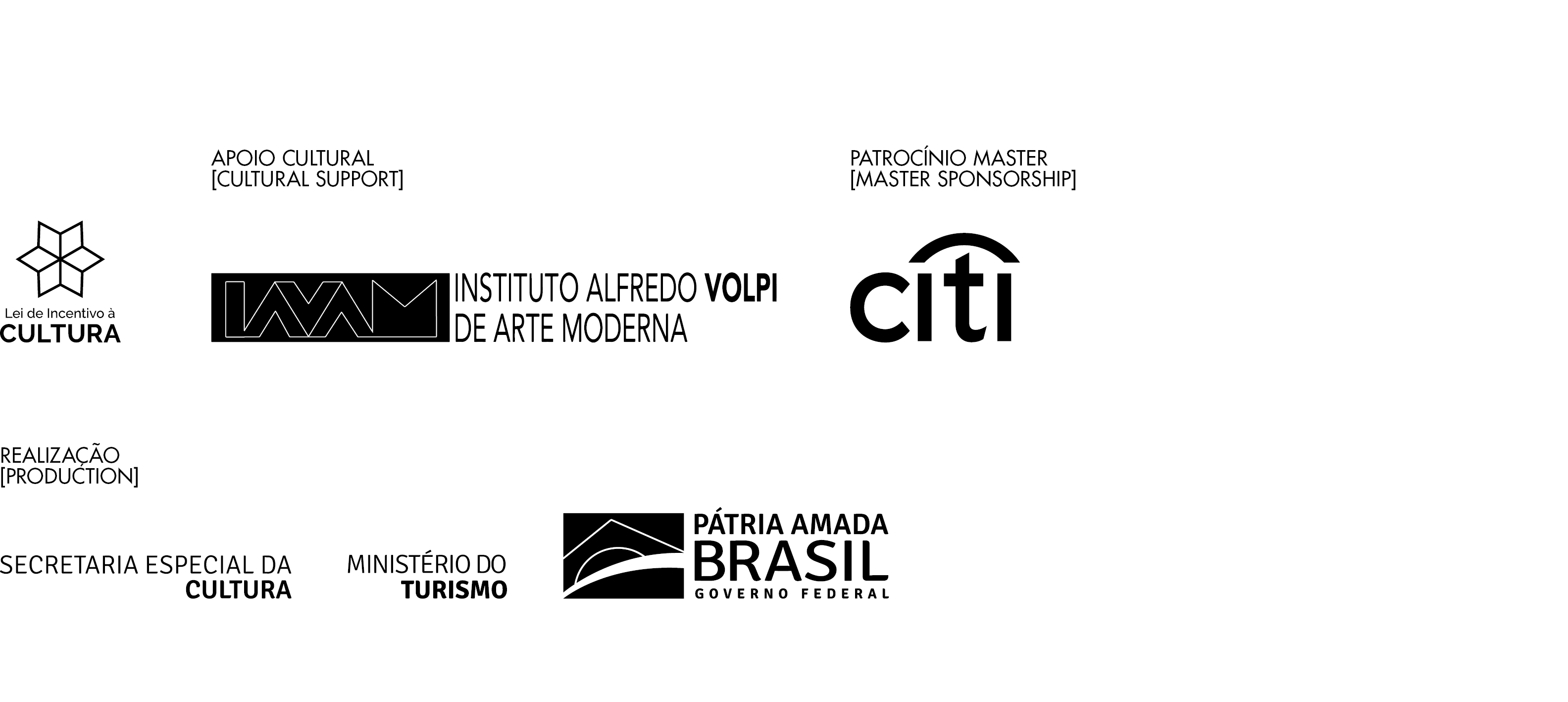This survey exhibition covers five decades of the career of Alfredo Volpi (Lucca, Italy, 1896–São Paulo, 1988) and is framed by the artist’s continuous interest in images, characters, and narratives from Brazilian popular culture. With 96 paintings, the show is divided into seven non-chronological thematic sections: Saints; Portraits; Seascapes; Nautical and Playful Themes; Urban and Rural Scenes; Façades; and Flags and Masts.
Volpi’s family migrated from Italy to Brazil when he was still a child, settling in the neighborhood of Cambuci, in São Paulo. Volpi came from humble origins and before beginning his artistic career he worked in construction, specializing in decorative wall painting. Self-taught, he began to paint in 1911, but his interest in popular themes increased in the 1940s, when he began to paint religious portraits, representations of popular festivities—including his famous flags—and façades of Brazilian vernacular and colonial architecture.
From the 1940s onwards, Volpi’s painting became increasingly geometricized, with vibrant chromatic fields, delimited by irregular contours, marked by an exceptional use of color, his characteristic brushstrokes, and the unique texture of his tempera—paint produced from the mixture of pigments with egg, made by the artist himself. Over the years, his work moved towards a reduction of elements in the composition, flirting with geometric abstraction; however, it never fully abandonned figuration.
Volpi’s trajectory produced a vast and complex repertoire of works, in an extraordinary mix between the modern and the popular. If, on the one hand, the artist established a dialogue with the tradition of Western painting, especially Italian art from the Middle Ages and the Renaissance, as well as with Brazilian Modernism, on the other hand, with its formal synthesis, his work was permeated by references from popular culture, an aspect that this exhibition seeks to highlight. In this sense, the show is part of a series of others organized by MASP with similar frameworks: Portinari Popular, in 2016, and Tarsila Popular, in 2019.
Alfredo Volpi: Between the Modern and the Popular is part of MASP’s two-year program dedicated to Brazilian Histories, in 2021–22, coinciding with the bicentennial of the country’s independence, in 2022. This year, the program includes exhibitionss devoted to Abdias Nascimento (1914–2011), Luiz Zerbini, Dalton Paula, Joseca Yanomami, Madalena dos Santos Reinbolt (1919–1977), Judith Lauand, and Cinthia Marcelle, in addition to a large group show, titled Brazilian Histories.
Alfredo Volpi: Between the Modern and the Popular is curated by Tomás Toledo, chief curator, MASP.
